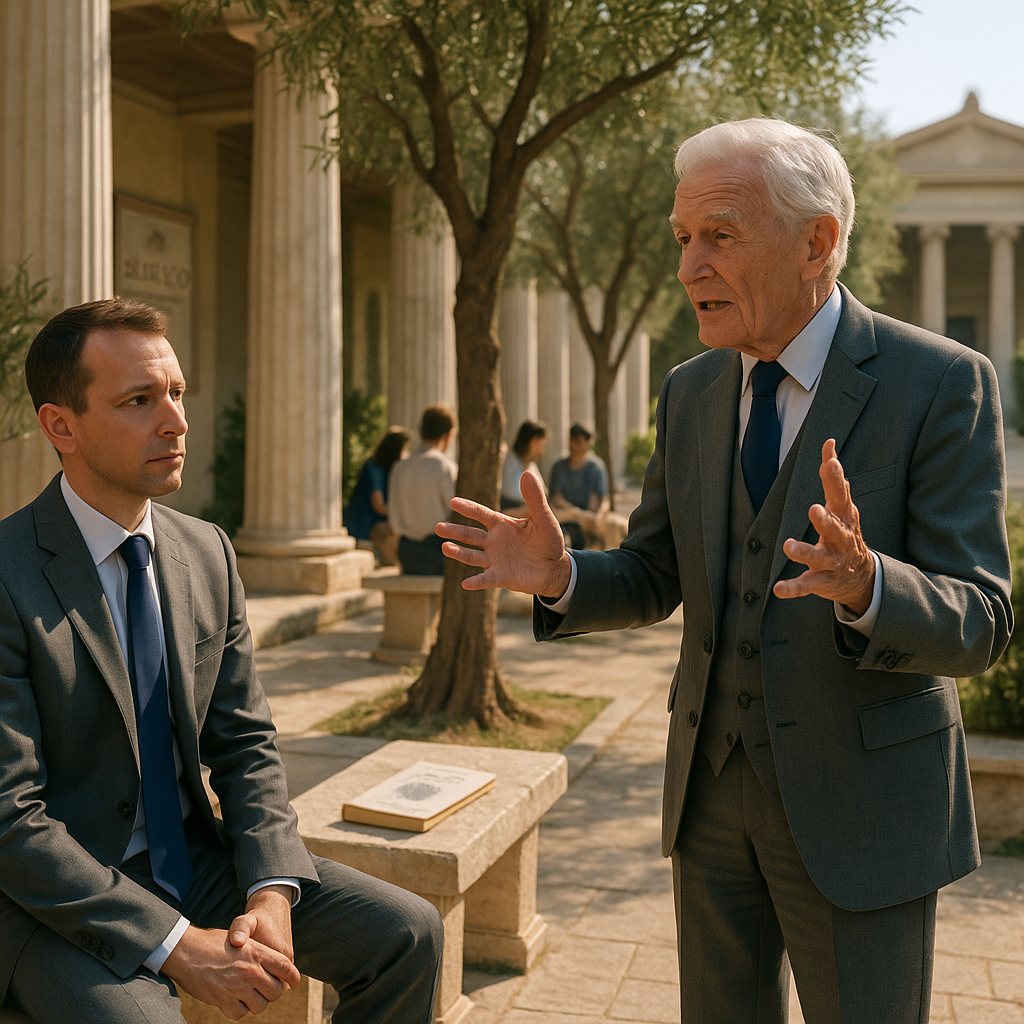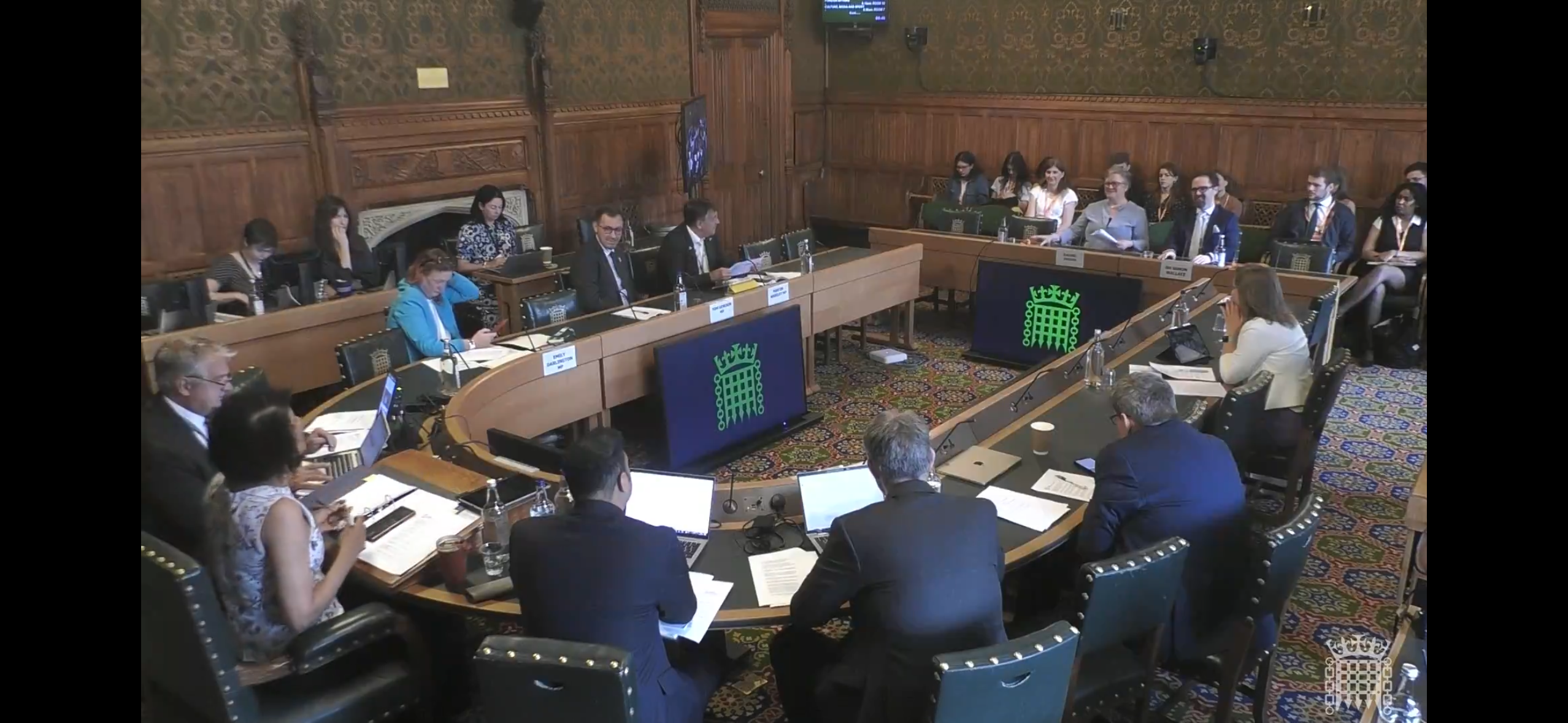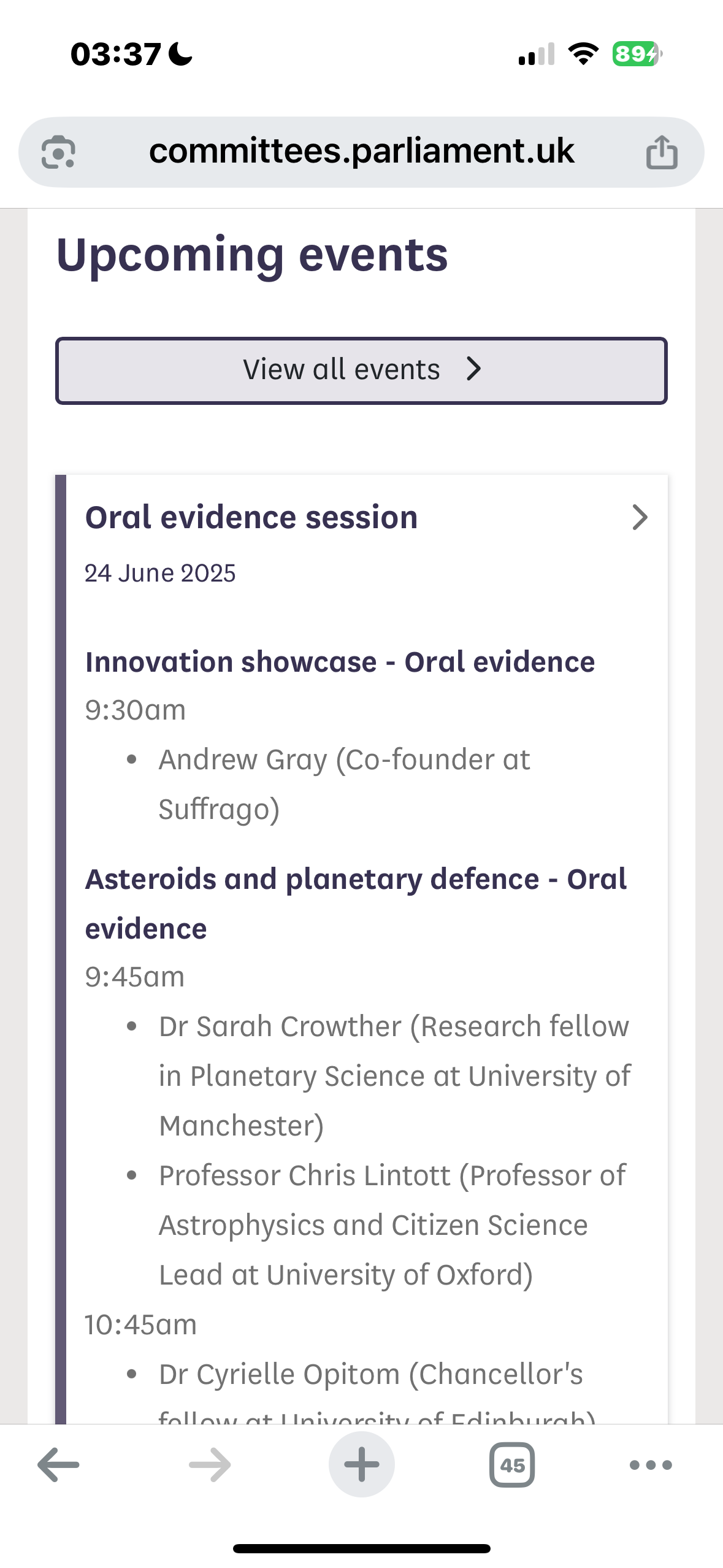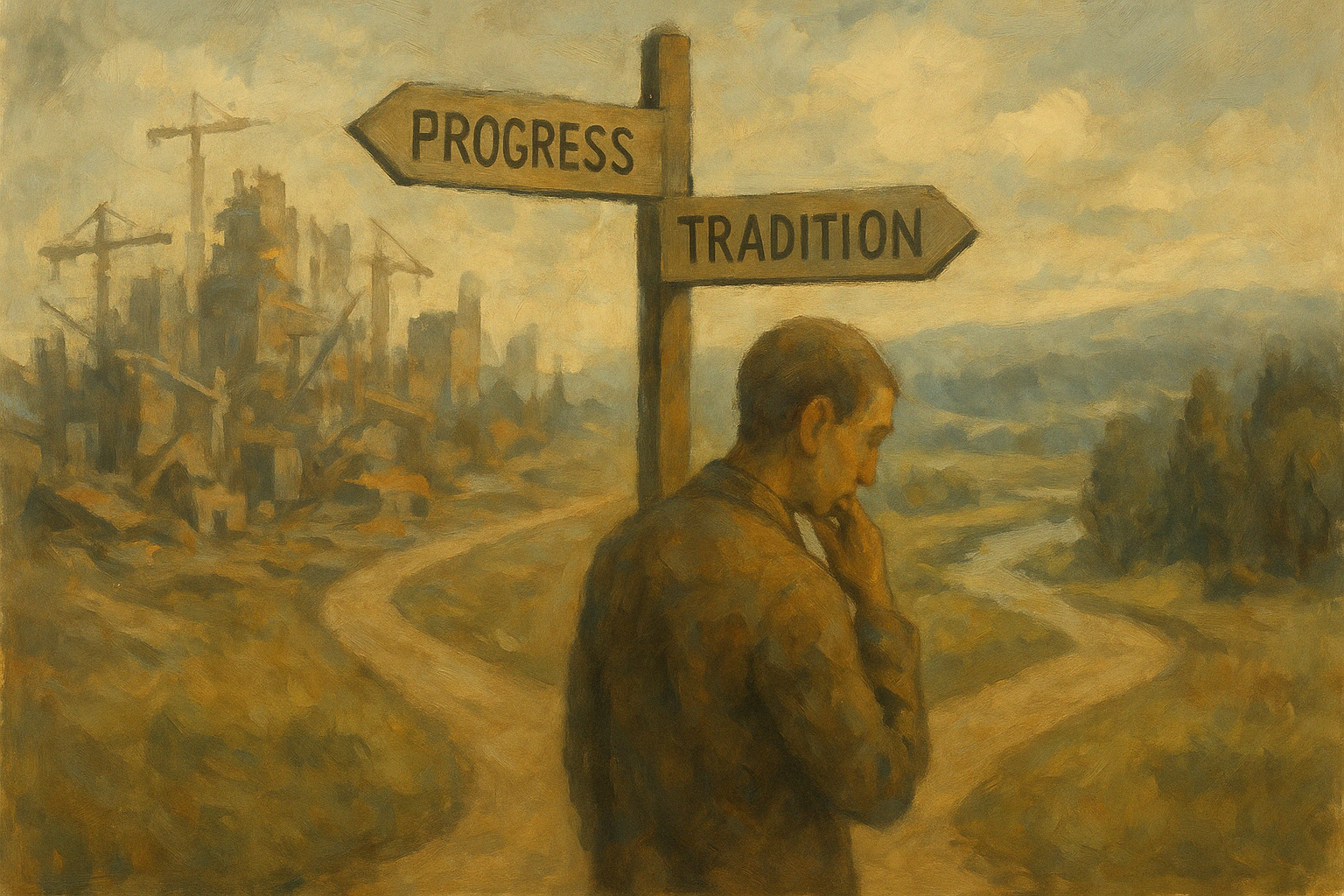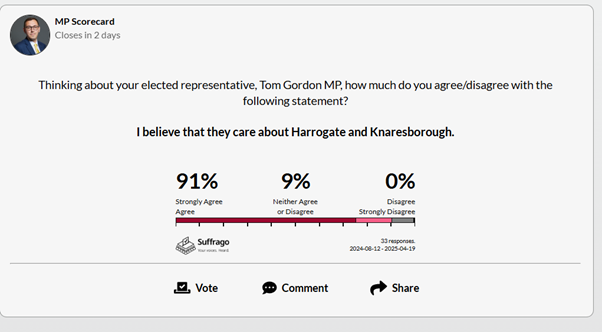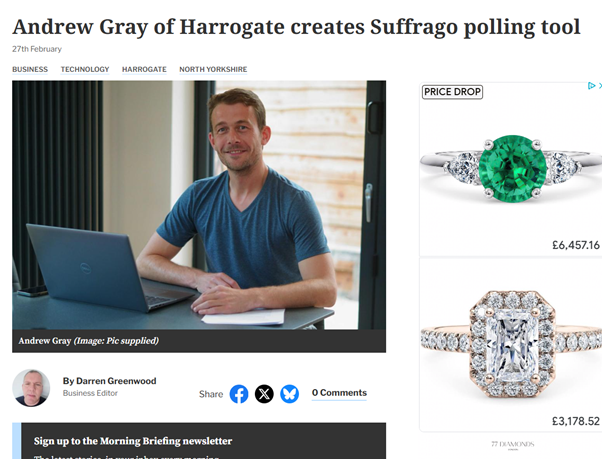That was the month that was.
I’m glad – proud! – that I stood for Parliament. Sure, finishing 11th out of 13 candidates, amassing only 99 votes, whilst spending a fortune, battering my health and napalming my time, might conventionally appear like the definition of a failure, but I take the opposite view.
Let me explain.
Why Did I Stand?
Frankly, I felt compelled to stand. Every molecule in my body, every event in my life, left me with no choice. I would never have forgiven myself had I not listened to my intuition. I knew that the world would be a better place for me doing it. “Be patterns, be examples” was the George Fox mantra which I had to follow. So be it.
But beyond intuition, these were my logical reasons:
- I wanted to show that the orthodoxy of MPs not listening to their constituents was wrong.
- I wanted to show that technology could be a force for good, if deployed ethically and transparently.
- As I wrote in a previous blogpost, I was cheesed-off – to put it politely – at the incompetence on display in Harrogate, which culminated in children being needlessly injured in road traffic accidents. As Plato put it: “One of the penalties for refusing to participate in politics is that you end up being governed by your inferiors.” I don’t claim to be a great intellectual, but I wouldn’t have allowed such poor governance on my watch.
- I wanted to inspire my children to follow their own weird; to ignore the haters; and to not worry about conventional failure.
- As an experiment, I wanted to see whether it was in fact a truism that the British people have far more “progressive” views than the party system allows.
- I wanted further evidence that most people agree on so much more than the media or social media would let us believe.
- I wanted to remind the world of the Quaker values of integrity, transparency, equality, and to remind Quakers of their radical routes.
- I wanted to shine a spotlight on the clever and altruistic tool, Polis – the consensus-building tool which I have been using for a number of years.
- I wanted the experience: theory is all well and good, but I knew that the best learning happens by doing, not by reading and writing.
- I wanted a reason to post on TikTok.
- I wanted to do the most interesting thing that I could imagine. If, say, I have one year to live, what would I do?
Unquestionably, it was Mission Accomplished on each and every one of these objectives. But this is not a whitewash of a Post-Mortem: there was much that I got wrong in my predictions and execution.
My Pre-Election Predictions
- I would generate vast amounts of international, national and local news attention. Correct, even Thought For The Day on Radio Four discussed it.
- My health would collapse. Correct, I wasn’t well enough to attend the count.
- I would secure donations from far afield, mostly from tech entrepreneurs. False, though some techies volunteered.
- The BBC would prove fair and independent. False, boy was I wrong about this.
- Facebook would accept my money, allowing me to get the message out quickly. False, they wouldn’t allow me to spend what I wanted to.
- I would generate an army of volunteers. 50-50, as I got some help and some donations, but not as many as I had predicted.
- I would secure circa 1,000 votes. False, I only secured 99.
- Newspapers such as The Guardian would be most interested in the manifesto. False, The Daily Mail would be the most interested.
- All the candidates would subject themselves to media scrutiny. False, very few did. The Labour candidate wouldn’t even allow the chief political correspondent of the friendly Guardian to interview him!
- The Tories would lose to Labour. Correct.
- The turnout would be around 45%. Correct.
- The Monster Raving Looney Party would not be last. Correct.
- That branding myself as the self-style “AI-Powered Candidate” would prove toxic – toxic but noteworthy. Correct.
- That, post-election, I would get to speak to the great and the good about the campaign. True, with even a TV appearance in Asia to come, and with The Guardian referencing the campaign post-election.
- That when I explained that an MP should listen to everyone in a constituency, a sufficient quantity of people would demand it. Wrong, most wrong.
- That I would incur some hostility from the powers that be. False, so far.
Breaking Golden Rules
Most subscribers to my blog are politics aficionados, so, I suspect, that most readers would agree with me that there are some golden rules in politics which a candidate must adhere to if they want to get elected. I broke all but one of these golden rules. This, more than anything else, explains my 99 votes.
I shall blog about these golden rules in due course.
Joseph Lister and the Lawyer-Client Relationship
The Quaker, Joseph Lister – who inspired the brand Listerine – was a 19th century surgeon. Lister wanted to know why there was such high mortality rates post-operation. Inspired by the work of Louis Pasteur, Lister developed the idea of antiseptic surgery, sterilising instruments, wounds and the surgical environment, saving countless lives.
Lister’s ideas were met with resistance and scepticism from the medical community. Untold suffering and deaths were caused by fellow surgeons ignoring Lister’s work. Despite opposition, Lister persevered, because he knew that he was doing the right thing; he was following his own truth – and the science.
………………………
When I ran my own law firm, I would say to the clients – and say to my lawyers – that the client is the boss. And that as long as the lawyer did not breach their Code of Ethics, the client’s instructions should be followed at all times. Oftentimes, explaining to the client that they are the boss was an earth-shattering event for them, for they would often regard the all-knowing, omnipotent lawyer as being in the driving seat. Not so: lawyers must follow their client’s lawful instructions.
A few months before the election, I had the epiphany that there was no real difference between the Lawyer-Client relationship and the MP-Constituent relationship. It was obvious, really. When a by-election presented itself in the adjoining area, which would allow me the chance to make this case, I had to take it.
On LinkedIn, I explained my comparison of the Lawyer-Client relationship with the MP-Constituent relationship: it caused a vast uproar, so much so that the The Daily Star reported it. Large numbers of people, mostly lawyers, did their best to eviscerate me. The reason being, I think, is that what I was in effect saying is that our system is broken; that acceptance of the status quo is one of ignorance; that, like Lister, I am right, and you are wrong; that the emperor has no clothes on.
Few people are open-minded enough to consider that they may be wrong. Frequently, I am wrong, but I don’t believe that it is heresy to say that MPs should listen to what their constituents think, now that we have the technology to enable this.
………………………………………..
On the day of the election, I texted a middle-aged relative who lives in the constituency, to remind them to vote. I received this reply: “Sure, send me the link.” Clearly, this person had never voted before and didn’t know how to.
This could have been my 100th vote, but the reply neatly justified my campaign. One day, I hope to send my relative a link.



